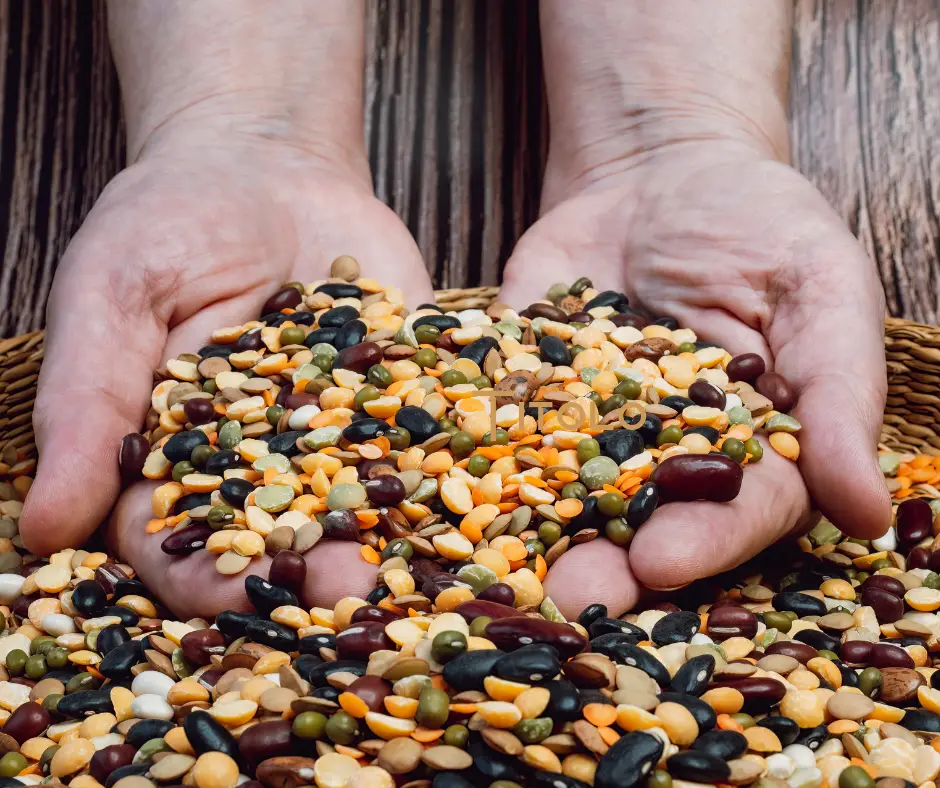More and more people are choosing to eliminate meat from their diet. But how can you ensure you’re following a vegan diet rich in plant-based proteins? Let’s discover together the foods richest in plant-based proteins and how to incorporate them into your healthy diet.
Introduction A vegan diet is no longer just a niche choice. Increasingly, people, motivated by ethical, environmental, and health reasons, are deciding to eliminate all animal products from their diet. But one of the most common questions concerns plant-based proteins: how can you meet your daily needs without meat, fish, or dairy products? The answer is simpler than you think.
The Myth of Animal Protein For a long time, it was believed that animal proteins were superior to plant-based ones, but scientific studies have shown that this belief is unfounded. Plant-based proteins, found in legumes, grains, nuts, and seeds, are just as complete and can provide all the essential amino acids our bodies need. In fact, a vegan diet rich in plant-based proteins is associated with numerous health benefits, such as reducing the risk of cardiovascular disease and certain types of cancer, significantly improving overall well-being.
Plant-Based Foods: A Nutrient Powerhouse But which plant-based foods are richest in protein? Here’s a ranking of the champions:
- Legumes: Lentils, chickpeas, beans, and peas are a treasure trove of protein, fiber, and vitamins.
- Ancient Grains: Quinoa, amaranth, and teff are rich in protein and essential amino acids.
- Seeds: Chia, flax, and hemp are small nutrient powerhouses, including protein and omega-3 fatty acids.
- Nuts: Almonds, walnuts, hazelnuts, pine nuts, pistachios, and peanuts are perfect for an energy-boosting and protein-packed snack.
- Tofu and tempeh: Derived from soybeans, they are excellent meat substitutes and are rich in protein.
- Seitan: Made from wheat gluten, it’s a highly protein-rich and versatile food in the kitchen. Should be avoided by those with celiac disease.
How to Incorporate Plant-Based Proteins into Your Diet Integrating plant-based proteins into your diet is easier than you think. Here are some tips:
- Combine legumes with grains: This combination provides all the essential amino acids.
- Use legumes in soups, salads, and side dishes.
- Add seeds and nuts to yogurt, smoothies, and salads.
- Experiment with tofu and tempeh in different recipes.
- Don’t forget whole grains: They are a source of protein and fiber.
The Benefits of a Diet Rich in Plant-Based Proteins In addition to providing the protein our bodies need, a diet rich in plant-based proteins offers numerous other benefits:
- Reduced risk of cardiovascular disease
- Improved digestion
- Weight management
- Increased energy
- Reduced inflammation
- Greater environmental sustainability of our diet
Conclusion A vegan diet can be nutritious and varied, as long as you pay attention to varying your sources of plant-based protein. With a little creativity and planning, you can create delicious and healthy meals without sacrificing the pleasure of eating.
If you want to know more about plant-based nutrition, read here.





